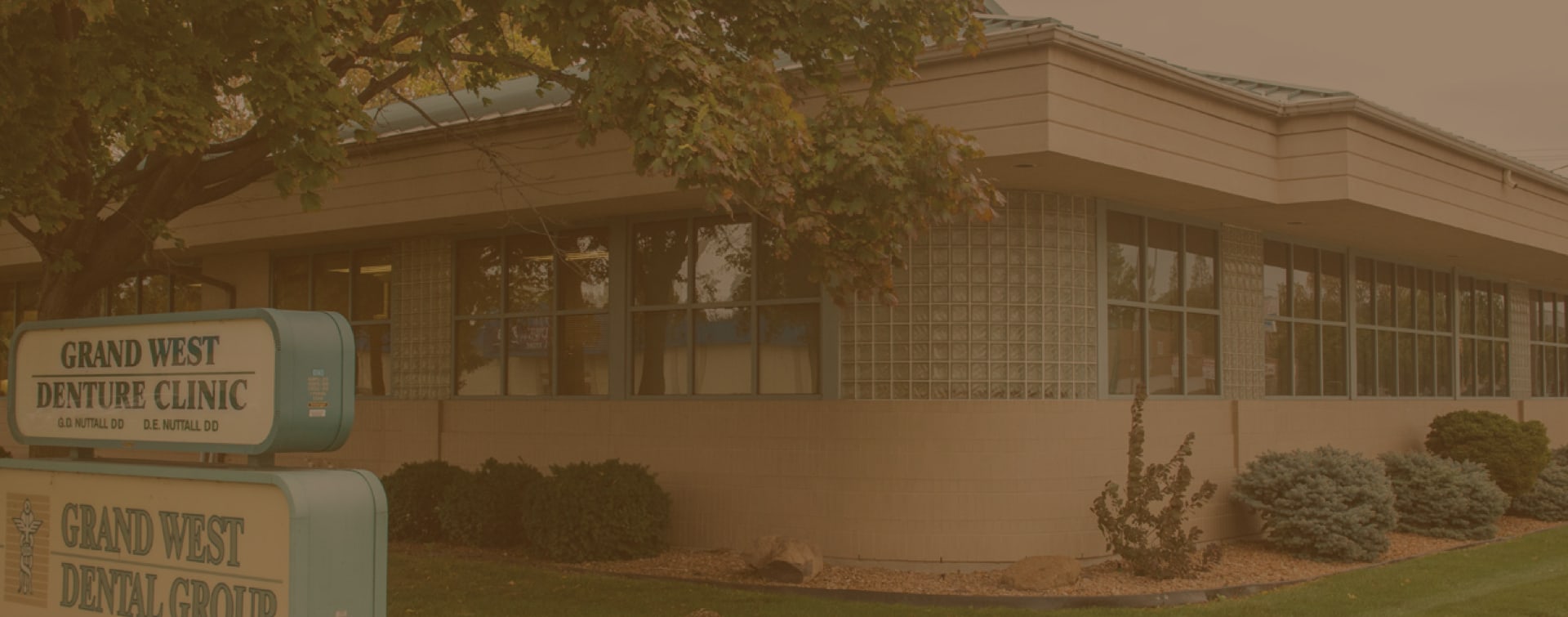Dental sensitivity and pain can be overwhelming. A visit to the dentist can typically help clear up pain and get you on your way. However, sometimes the solution to dental pain is a root canal. Infected teeth that benefit from root canals can manifest in several ways, but a root canal is often needed if you have persistent tooth pain that spreads to your jaw and face.
The prospect of a root canal can feel daunting, but understanding it and recognizing the signs that indicate you may need one can help alleviate anxiety and lead to timely treatment.
What Is a Root Canal?
Root canal therapy treats infections in the innermost layer of your teeth, also known as the tooth pulp. When the pulp, which contains nerves and blood vessels inside the tooth, becomes infected or inflamed, a root canal may be necessary. This infection can result from deep decay, repeated dental procedures, or a crack/chip in the tooth. A root canal helps save the tooth by removing the infected pulp, cleaning the inside, and sealing it to prevent further damage.
Root canals are designed to relieve pain and restore the function of affected teeth. This is a standard and effective treatment that ensures the long-term health of your teeth. With modern dental techniques and technology, root canals have become more efficient and comfortable than they’ve been in the past. Despite its reputation,root canals can provide significant relief and protect your smile.
Benefits of a Root Canal
Opting for a root canal offers numerous advantages that contribute to preserving your dental health.
- Pain Relief. A root canal alleviates the intense discomfort often associated with pulp damage by addressing infection within the tooth.
- Preservation of your natural tooth. Keeping your natural teeth intact maintains your bite integrity, prevents other teeth from shifting, and supports oral health. A root canal reduces the need for extraction and more costly restorative procedures like bridges or implants.
- High Success Rate. This procedure effectively eliminates the infection, helping ensure a healthy mouth in the long term. Additionally, advances in dental technology have made root canals faster and less invasive, improving the patient experience.
Potential Risks & Complications of a Root Canal
While root canals are generally safe and effective, there are some potential risks and complications. Some patients may experience mild discomfort or swelling following the procedure. These symptoms are usually temporary and can be managed with over-the-counter pain relievers.
Signs You May Need a Root Canal
During a dental exam, your dentist will closely examine the inside of your mouth to identify signs of an infected tooth. You may need root canal therapy if you have:
- Persistent tooth pain that spreads to the jaw, face, or other teeth. If you experience such pain, especially when chewing, touching your teeth, or applying pressure, this can be a sign of pulp damage.
- Prolonged sensitivity to hot or cold temperatures. If sensitivity continues even after the source of the heat or cold is removed, it may suggest an underlying issue needing attention.
- Swollen or tender gums and jaw may indicate infection.
- Pimples on your gums indicate an abscess, indicating that a root canal may be necessary.
- A discoloured tooth can indicate trauma or infection within the pulp.
What Happens During Root Canal Therapy?
Before treatment, your dentist will take X-rays to examine the impacted tooth and perform other tests to determine the extent of the infection.
Local anesthesia is administered to numb the area, ensuring comfort throughout the process. Next, a small opening is made in the tooth’s crown to access the pulp chamber. The infected or damaged pulp is carefully removed, and the canals are cleaned and disinfected to eliminate bacteria. The empty canals are then filled with a rubber-like material called gutta-percha, and the opening is sealed.
In most cases, a temporary or permanent crown is placed on the tooth to restore its shape, strength, and function. This final step protects the tooth and allows you to bite and chew normally. Depending on your specific case, the entire process is typically completed within one or two appointments.
Does a Root Canal Hurt?
Many people worry whether root canals hurt. The good news is that modern root canal therapy is designed to be as painless as possible. Thanks to advancements in dental technology and anesthesia, most patients report feeling little to no discomfort during the procedure.
A root canal is often no more uncomfortable than getting a routine filling. Your dentist will use local anesthesia to numb the area, ensuring a pain-free experience. Any discomfort is usually mild and temporary and is easily managed with over-the-counter pain relief.
How to Prevent a Root Canal
Prevention is critical for avoiding the need for a root canal.
- Practice Good Oral Hygiene. Brush twice daily, floss daily, and use mouthwash to remove plaque and bacteria that can lead to decay and infection.
- Attend Regular Dental Check-Ups. Your dentist can identify potential problems before they progress to the point of needing a root canal. Professional cleanings also help maintain healthy teeth and gums.
- Maintain a Healthy Diet. Limit sugary and acidic foods and drinks, which can weaken enamel. Instead, focus on consuming a balanced diet rich in nutrients essential for strong teeth.
- Drink Water. This helps wash away food particles and bacteria, supporting oral health.
Tell That Tooth Pain To Take a Hike
Understanding the signs and process of a root canal can help demystify this standard dental procedure. Recognizing the symptoms early, knowing the benefits, and being aware of potential risks allows you to make informed decisions about your oral health.
Grand West Dental knows that root canal therapy can help preserve the health and function of your smile as an alternative to tooth extractions for infected teeth. Contact us today to schedule an appointment to fix your tooth pain.









